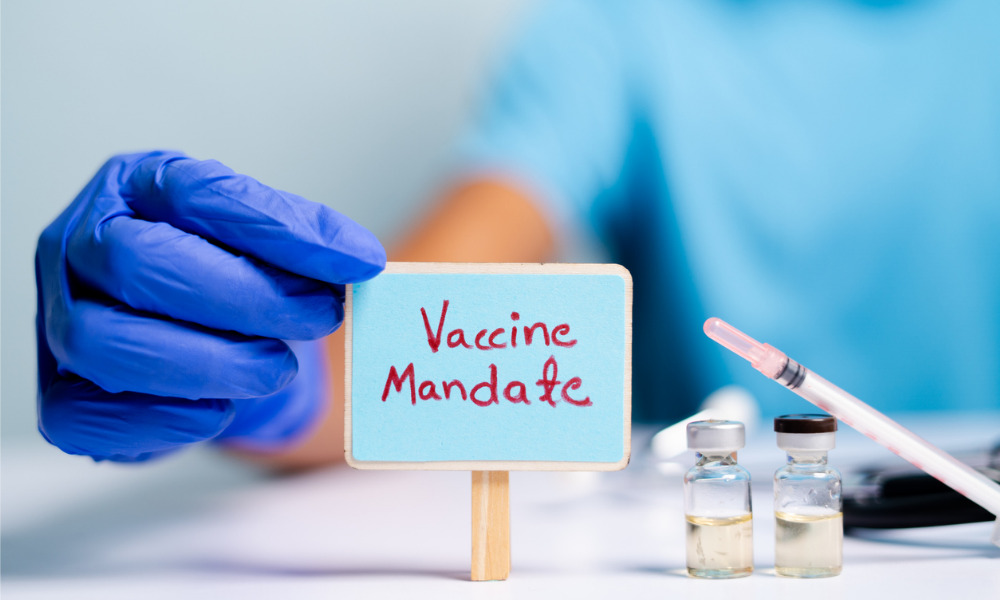
'The burden is on employers now to really revisit their risk assessment'

“This is not the end, but in some ways, it is also a new beginning”, Prime Minister, Jacinda Ardern beamed as she announced the end of vaccine passes and mandates in New Zealand last week.
Moving forward, the government’s vaccine mandate will only cover health, aged care, corrections and border workforces which places the onus squarely on kiwi businesses to manage the risks and implement workplace safeguards around covid vaccination.
“The burden is on employers now to really revisit their risk assessment,” Lane Neave’s Special Counsel, Gwen Drewitt, told HRD.
Like most things in HR, creating a company-wide policy that respects health and safety and protects employees isn’t exactly a one-size fits-all task and guidance for business on the new changes wasn’t immediately forth-coming after the announcement from the government. When guidelines were eventually released, it read,
“The new workplace guidance is centred on public health advice, which suggests that requiring vaccination in the workplace should only be permitted if it’s deemed an employee is at higher risk of catching and spreading COVID-19 while at work, than they would otherwise be in the community.”
It went on to say that “employers may still be able to maintain vaccination requirements where they continue to be supported by a workplace health and safety risk assessment, but the reason will need to be specific to their role and set of circumstances.”
Drewitt said the government is not making it clear what exactly employers are meant to do and leaving the burden on them to decide. For some employers, it's such a huge shift, they've been forced to embrace the idea of vaccines keeping them safe, some of them will be reluctant to go back because they value vaccines and how they protect the public at large, and their staff.
“It’s going to be hard to justify mandating vaccinations moving forward. That’s not to say it’s going to be impossible,” said Drewitt. “But employers who deny people access are risking discrimination claims.”
“The public health justification according to the government has changed now,” said Drewitt. Unlike the stamp-out and contain attitude we had to COVID’s first two strains, we’re living with omicron in the community, we’re a highly vaccinated country and the risk of catching COVID in the workplace is no higher than catching it anywhere else.
“So, when employers revisit risk assessment documents, what they need to look at will be different,” Drewitt continued
Most businesses will have generated health and safety risk assessments looking at individual roles within the organisation and the health risks covid poses to each role.
“So, they need to look now at the public health factors which focused on the risk of the employee contracting a new variant, whether they regularly interact with higher risk people or people who are less likely to be vaccinated or where do these people work? Do they work in confined spaces that involves sustained interaction with others? A huge one is, the, the abundance and the availability of RAT (Rapid Antigen) tests and whether or not people will be able to work out if they have Covid before coming into work”, said Drewitt.
Employers will inevitably deal with employees who are sceptical or hesitant of returning to work with unvaccinated people. Drewitt says to deal with those people in the same way as you dealt with employees who were hesitant about vaccination.
“Educate them to understand that this is a shift the government has made after an assessment of the public health risk,” added Drewitt
The government is making it clear that Covid is still a risk, and it still does pose a significant risk for some people.
“Businesses have proven to be resilient over the last two years and my hope is that they can see the light at the end of the tunnel.”